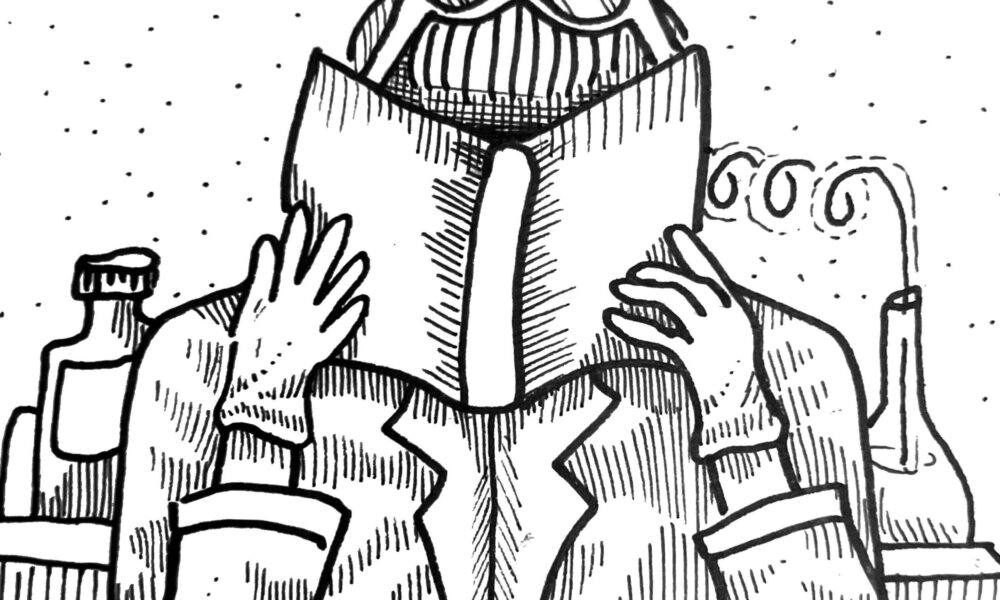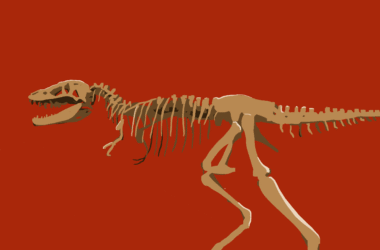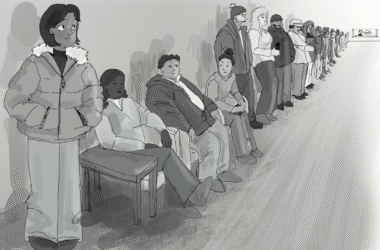Although the risk of cancer-related death is declining in Canada, cancer remains the leading cause of death in this country. Given this reality, scientists have dramatically ramped up their research in the past several decades. However, cancer is not a new disease—humanity has made note of its presence for millennia, with the first recorded example tracing back to a scroll dating from 2500 B.C.
Siddhartha Mukherjee, author of The Emperor of all Maladies, traces the history of cancer research, from the idea that cancer was a “suppuration of blood” to the modern debate over the causal relation between cigarettes and cancer.
Cancer, although united under one name, is in fact many diseases, all involving an uncontrollable growth of cells often as a result of genetic mutations. As an assistant professor of medicine at Columbia University and an oncologist, Mukherjee’s recounting of humanity’s ongoing battle with these diseases provides a view of societies throughout history and their approaches to cancer treatment.
Inhotep, an Ancient Egyptian physician, described cancer as “a case of bulging masses,” which, according to the physician, had no known treatment. Herodotus, the ancient Greek historian known for his Histories, described the treatment of Atossa, who underwent surgery to remove a cancerous tumor. Moving centuries into the future, Mukherjee highlights the bleeding techniques of the Roman doctor Galen. Mukherjee notes, however, the rarity of cancer stories from early history. With life expectancy remaining low enough to hide much of the dramatic effects of cancer on human populations, cancer would not become a priority of scientific research until the 20th century.
Interspersed with these historical details is Mukherjee’s own experiences as a doctor treating cancer patients. These stories help to ground an otherwise grandiose narrative spanning centuries in the present and provide a more personal insight into the struggles of cancer diagnosis, treatment, and recovery. Not every story involves recovery, and the book often unflinchingly describes patients experiencing terminal illnesses. The contrasting of those who recover with those who do not give the reader a sense, however small, of the hope and gravity constantly felt by cancer patients and their relatives and friends. Mukherjee’s powerful sense of empathy and humanity makes a book spanning a millennium feel personal.
Rather than embracing an overly optimistic message, Murkhejee’s writing is nuanced and detailed. While highlighting the hopefulness of improving cancer treatment, he also underlines the many hurdles cancer research has faced. He carefully addresses the enduring inequities of medical treatment, the huge egos of politicians and doctors, and the lingering questions.
The frustrating prevalence of medically-unnecessary mastectomies is only one example. Megadose chemotherapy—massive doses of cytotoxic chemicals to kill cancer cells and then transplants to bring patients back from the brink of death—was touted as a revolution in cancer treatment, up until it was proven that its use had negligible impact on cancer survival. Its foremost proponent, Werner Bezwoda, was also shown to have falsified data to justify its use and to save his reputation.
Mukherjee’s title, Emperor of All Maladies, personifies an illness. Cancer’s presence as mutations inside DNA itself, corrupting the very essence of what makes a human a human, earns this description. Although the book was published over a decade ago, its message is more important than ever before. Feelings of hopelessness and apathy have increased in the past few years, especially during the pandemic, which exposed many shortcomings of the Canadian healthcare system. Cancer, much like climate change, inequality, and political division, can become part of the white noise of living in a modern, capitalist state. Books like this, which educate and inspire through the lens of personal experience, are necessary to combat this abstraction of despair.









